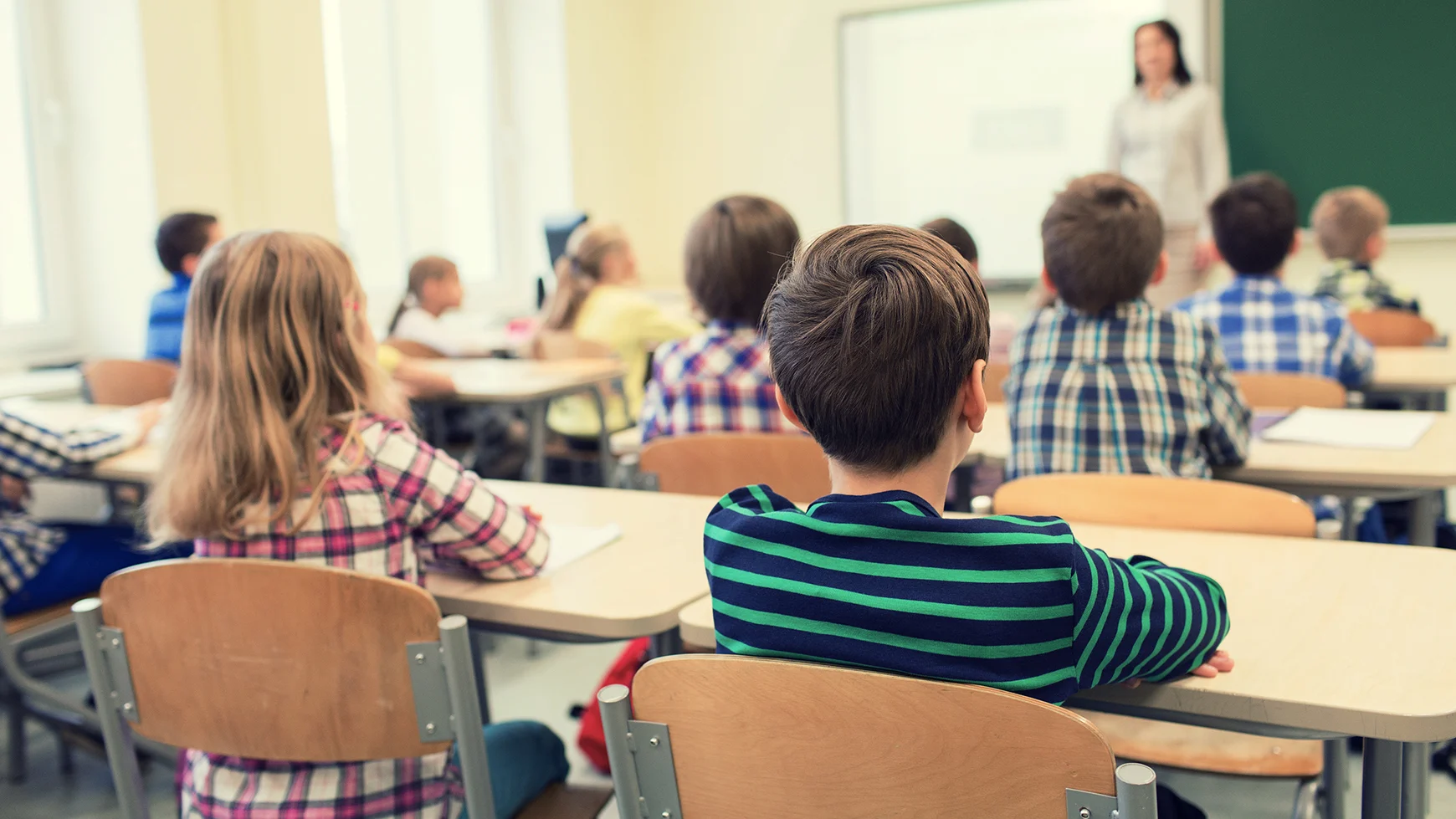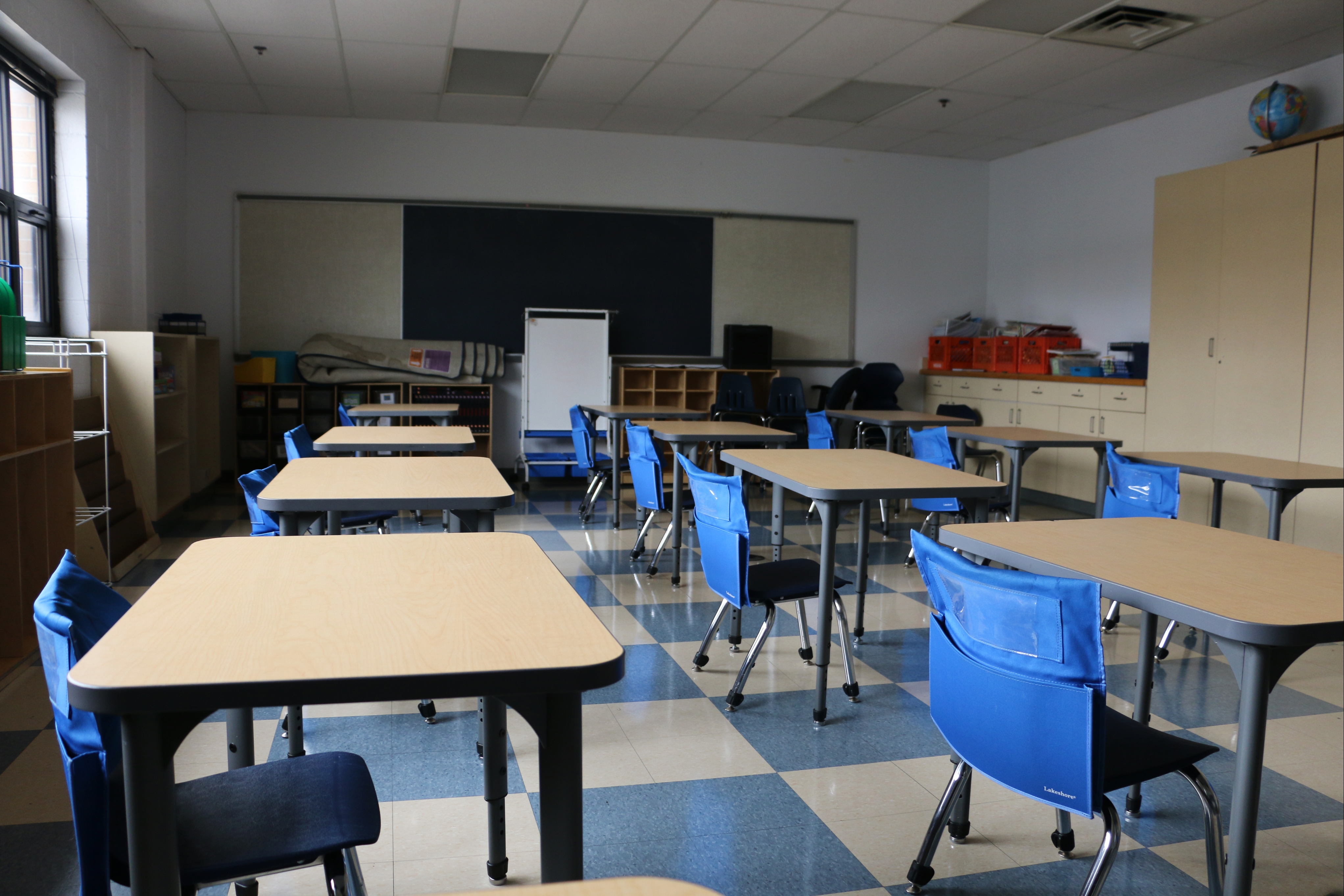Exactly How Schools Play a Critical Role in Shaping Future Leaders and Pioneers
By integrating project-based understanding and interdisciplinary studies, educational institutions test trainees to assess and manufacture complicated info. Teachers offer as advisors, guiding trainees and nurturing their capacity, while extracurricular tasks further establish management skills and resilience.
Promoting Crucial Assuming
In today's quickly developing globe, promoting important thinking within schools has actually come to be extremely important. As culture comes to grips with increasingly complicated worldwide obstacles, the capacity to evaluate, examine, and manufacture details is important. Colleges play an essential role in developing these abilities, preparing trainees to browse and address multifaceted troubles with notified, reasoned choices.
To grow important reasoning, instructors utilize numerous instructional techniques that urge energetic knowing and intellectual interaction. Class conversations, problem-based understanding, and Socratic examining are critical in advertising reflective and analytical mind. By testing students to interrogate presumptions and consider several viewpoints, these methods guarantee a much deeper understanding of subject past memorizing memorization.
Furthermore, integrating crucial believing across the educational program reinforces its significance and applicability in varied contexts. Subjects such as maths, science, history, and literature each offer unique possibilities to develop students' vital faculties. As an example, examining historical events needs recognizing and examining resources context, while clinical inquiry needs strenuous theory testing and evidence-based thinking.
Ultimately, instilling vital thinking skills in trainees furnishes them with the cognitive tools necessary for lifelong learning and versatility. It is through this foundational proficiency that future leaders will certainly have the ability to innovate, solve troubles, and add meaningfully to culture.
Motivating Creative Thinking
Accepting creativity within academic structures galvanizes pupils to assume past conventional limits and check out cutting-edge remedies. By incorporating imaginative ventures and creativity workouts into the educational program, colleges cultivate an atmosphere where creativity and imaginative idea are valued. This strategy not just enhances the educational experience but also furnishes pupils with the capacity to tackle real-world obstacles in novel means.
School can foster imagination through varied ways such as project-based understanding, interdisciplinary studies, and the unification of arts and modern technology. Project-based discovering, as an example, motivates students to use their understanding in functional, often joint, jobs that demand innovative problem-solving skills. Interdisciplinary research studies permit pupils to attract links between different subjects, thereby expanding their viewpoints and improving their creative capacities.
Furthermore, supplying pupils with chances to involve with emerging modern technologies, such as coding and digital style, additionally nurtures their innovative potential. These tasks prompt trainees to experiment, stop working, and iterate, which are essential components of the imaginative process (Save Temecula Schools). By keeping a helpful environment where experimentation is encouraged, schools can make certain that pupils establish the self-confidence to pursue cutting-edge concepts
In essence, nurturing imagination in academic settings is essential for shaping future leaders and innovators efficient in addressing intricate international concerns with ingenuity.
Promoting Partnership

Executing group-based learning modules and cooperative projects permits trainees to experience the characteristics of teamwork firsthand. This not just prepares them for the joint nature of modern offices but also supports management high qualities as they often have to handle roles such as job supervisors or team planners. In addition, collaboration in the classroom can damage down social obstacles and promote inclusivity, making sure that each student really feels valued and heard.
Furthermore, integrating technology can better support collaborative efforts. Tools like shared digital workspaces and interactive systems make it possible for students to interact effectively, also outside the classroom. As pupils develop these joint skills, they are better equipped to tackle complex obstacles and innovate, preparing for their future duties as trendsetters and leaders.
Role of Educators as Mentors

Mentorship entails personalized interest, where instructors recognize and nurture specific staminas and address weak points. Save Temecula Schools. With one-on-one communications, educators can customize their suggestions and support to fulfill each trainee's distinct demands, promoting a sense of self-confidence and strength. This personalized method grows a development attitude, urging pupils to see failures as opportunities for discovering and development
Moreover, this website instructors serve as good example, showing the values of empathy, determination, and stability. Their perspectives and actions supply a plan for trainees to mimic, instilling a sense of ethical responsibility and social awareness. By producing a inclusive and supportive class setting, teachers enable pupils to develop interpersonal skills that are essential for effective leadership.
Basically, the mentorship provided by educators lays a fundamental structure for the development of future leaders, outfitting them with the expertise, skills, and values required to succeed in an ever-evolving world.
Influence of Extracurricular Activities
When incorporated properly into the instructional framework, extracurricular activities significantly boost trainee growth and management capacity. These activities supply students with chances to explore passions past the standard educational program, promoting a versatile ability set.
Students engaged in argument, drama, or music clubs discover to think seriously and technique problems from diverse perspectives. By teaming up with peers from different histories, students additionally develop empathy and interaction skills, crucial characteristics for future leaders.
Research study suggests that trainees involved in such programs often tend to have higher qualities and far better attendance documents. Thus, institutions that prioritize a well balanced method to education and learning, integrating robust extracurricular programs, are much more most likely to generate pioneers and leaders equipped to fulfill the difficulties of the future.

Verdict
To conclude, institutions significantly shape future leaders and pioneers by nurturing vital reasoning, creative thinking, and cooperation amongst trainees. Involving instructional techniques such as project-based knowing and interdisciplinary researches play a crucial function in this growth. Teachers, serving as advisors, give important guidance and assistance, while after-school activities better improve leadership prospective and strength. By promoting a supportive atmosphere that values private toughness and team effort, colleges gear up trainees with the needed abilities to browse future challenges and drive advancement.
As students develop these collective abilities, they are much better equipped to deal with complex challenges and introduce, laying the groundwork for their future duties as pioneers and leaders.
By fostering critical reasoning and analytical skills, instructors aid trainees navigate intricate challenges, preparing them for management functions in various areas.
By teaming up with peers from different histories, pupils likewise create empathy and interaction abilities, vital attributes for future leaders.
In final thought, colleges substantially shape future leaders find out here now and trendsetters by supporting crucial reasoning, creative thinking, and collaboration amongst trainees. By cultivating an encouraging environment that values specific toughness and teamwork, colleges outfit students with the necessary abilities to navigate future challenges and drive advancement.